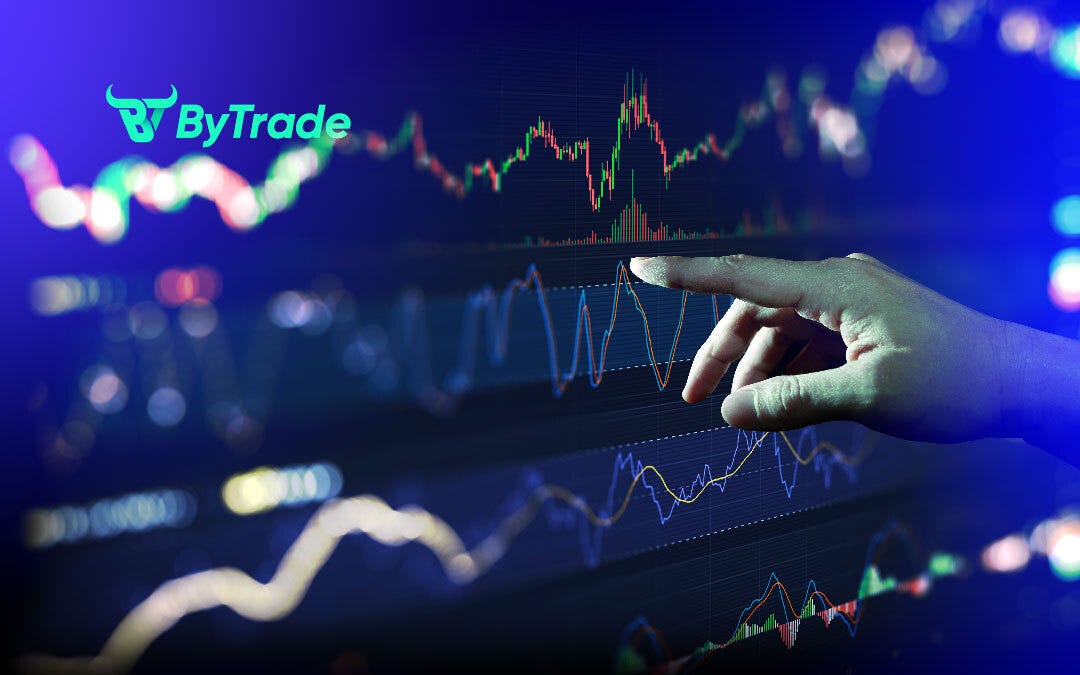
Exploring the Future of Finance: Algo Trading for Crypto
In recent years, the cryptocurrency market has captured the attention of investors worldwide. With its high volatility and potential for significant returns, many traders are looking for ways to maximize their profits. One such method gaining popularity is algorithmic trading, or algo trading for crypto. algo trading for crypto click here to explore how this innovative trading method is transforming the landscape of digital currencies.
What is Algorithmic Trading?
Algorithmic trading refers to the use of computer algorithms to automate trading decisions. These algorithms can analyze market data at speeds and volumes that surpass human capabilities. By utilizing predefined criteria, algo trading can execute trades based on mathematical models and quantitative analysis.
The Rise of Algo Trading in Crypto
While algo trading has long been a staple in traditional stock markets, its adoption in the cryptocurrency world is relatively recent. The unique characteristics of cryptocurrencies—such as 24/7 market availability and high volatility—make them particularly suited for algorithmic trading strategies.
Advantages of Algo Trading for Crypto
- Speed and Efficiency: Algorithms can process vast amounts of data at lightning speeds, enabling traders to take advantage of fleeting market opportunities.
- Reduced Emotion: Automated trading eliminates the emotional decision-making that often leads to poor trading choices.
- Backtesting: Algo trading allows traders to test their strategies using historical data to evaluate performance before deploying real capital.
- Diversification: Algorithms can monitor multiple assets simultaneously, allowing for a diversified trading portfolio without requiring constant manual oversight.
Common Strategies in Algo Trading for Crypto
There are several strategies that traders might employ when engaging in algo trading for crypto. Some of the most common include:
1. Arbitrage Trading
Arbitrage trading involves taking advantage of price discrepancies across different exchanges. For example, if Bitcoin is priced lower on one exchange than another, an algorithm can automatically purchase at the lower price and sell at the higher price, capturing the difference as profit.
2. Market Making
Market makers provide liquidity to the market by placing buy and sell orders at varying price levels. Algo traders can use algorithms to execute market-making strategies, profiting from the spread between buy and sell prices.

3. Trend Following
This strategy relies on algorithms to identify and follow market trends. By analyzing historical data and indicators, an algorithm can determine when to enter or exit trades based on existing market momentum.
4. Mean Reversion
Mean reversion algorithms take advantage of the tendency of asset prices to revert to their historical mean over time. When prices deviate significantly from their average, the algorithm can execute trades that capitalize on this movement.
Choosing the Right Platform for Algo Trading
Selecting the right trading platform is crucial for successful algo trading. Factors to consider include:
- API Access: Ensure the platform provides a reliable API that allows for seamless integration of your trading algorithms.
- Fees: Evaluate the fee structure, as high transaction fees can eat into profits made through algorithmic trading.
- Security: Given the prevalence of hacking in the crypto space, choose a platform with robust security measures.
- Community Support: Platforms with active communities can provide valuable resources and assistance when troubleshooting algorithms.
Challenges of Algo Trading for Crypto
While there are many advantages to algorithmic trading, it is not without its challenges. These include:
- Market Volatility: The highly volatile nature of cryptocurrencies can lead to significant risks, and algorithms must be designed with this in mind.
- Technical Failures: Issues such as connectivity problems or bugs in the code can lead to costly trading errors.
- Changing Market Conditions: Algorithms that perform well in one market condition may not necessarily succeed as market dynamics change.
The Future of Algo Trading in Crypto
As technology advances, the future of algo trading for crypto looks promising. Machine learning and artificial intelligence (AI) are increasingly being integrated into trading strategies, allowing for more sophisticated analyses and decision-making processes. These technological improvements could lead to even greater efficiencies and profitability in algorithmic trading.
Conclusion
Algorithmic trading presents an exciting opportunity for cryptocurrency traders looking to enhance their strategies and improve their trading outcomes. However, it is essential to understand the various strategies, platforms, and inherent risks involved in algo trading for crypto. As the cryptocurrency landscape continues to evolve, keeping up to date with advancements in algorithmic trading will be crucial for success in this dynamic market.







